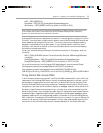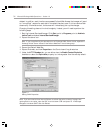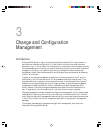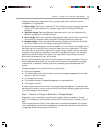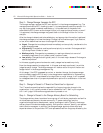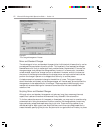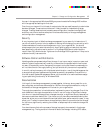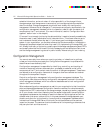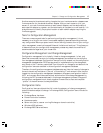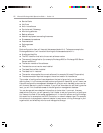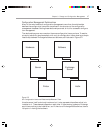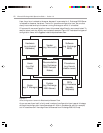
Chapter 3: Change and Configuration Management 41
change. In this case, expertise with Exchange and hardware is very important. In fact, the
change manager may decide to appoint an OEM vendor representative to the change
advisory board.
The change advisory board determines the hardware upgrade schedule, according to IT
executive committee recommendations. The change advisory board is also responsible for
monitoring the change and it ensures that all authorized changes are coordinated and
scheduled to eliminate the possibility of one change negatively affecting another change.
Step 5 – Change Is Passed to the Change Owner
The change owner is responsible for planning and implementing the hardware upgrade
once it has been approved and scheduled by the change management process. The change
owner will provide feedback to the change advisory board, the change manager and
perhaps the change initiator during the implementation. However, the change manager
remains involved at this stage, monitoring what the change owner is doing.
After the upgrade is complete, the change owner will help the change manager and change
initiator assess the impact of the change.
All of this may seem to be a deeply complicated process, but remember this describes a
major change to the environment. Minor changes would pass through a significantly
simpler path, involving the change owner.
Step 6 – Change Process Evaluation
After the change is implemented, the entire change management process from receipt of
RFCs through implementation must be evaluated. This is done by conducting personnel
interviews and reviewing documentation. The main objective is to assess the effectiveness
of the change process. Unsuccessfully implemented changes should also be evaluated so
that problems can be identified and corrected before further changes are initiated.
Figure 3.1 illustrates the change management process, with the parties responsible for each
stage. (For the sake of clarity, this diagram largely ignores inter-related areas of manage-
ment such as configuration and availability management.)



